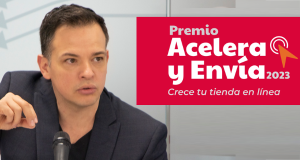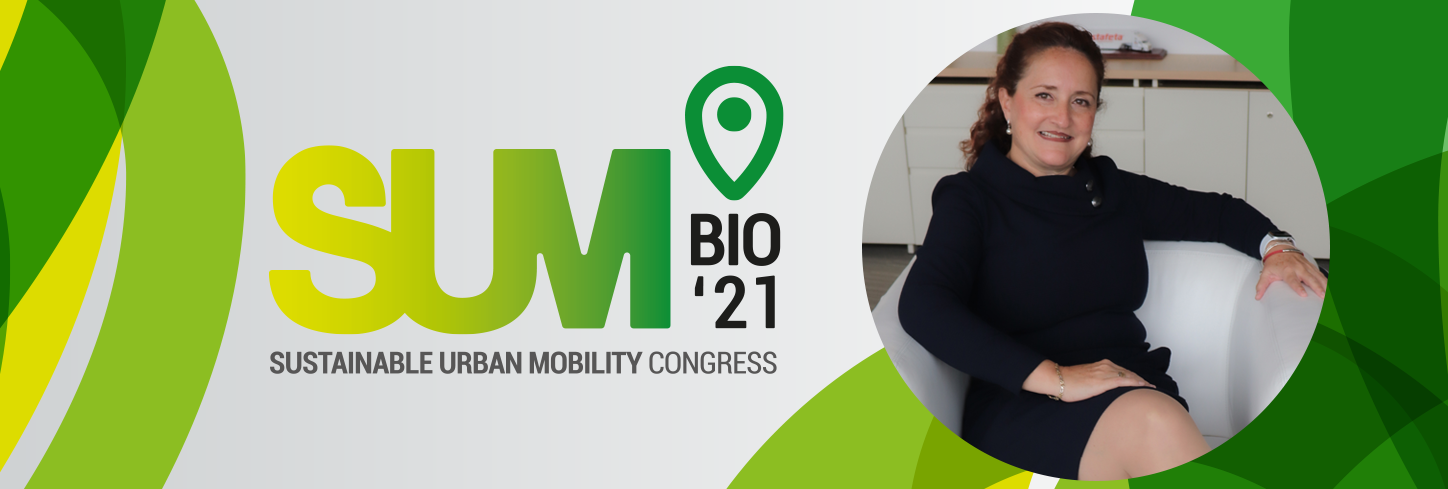Last October, Estafeta was invited to participate in the SUM 21 Sustainable Mobility Congress in Bilbao, Spain. The exploration of new possibilities aimed at reducing the impact of human activity on the environment was extraordinary. After two days of presentation of projects, technological innovations and experiences, an agreement was signed in which all the actors of Spanish mobility established the commitment to unite so that by 2030 the energy transition will be a reality that will serve as a lever for the decarbonization of the mobility of people and goods.
The topic is of vital relevance, it is evident how the climate has been disrupted worldwide, global warming is present, not as a fashionable topic, but as a nodal "topic" for the sustainability of life itself.
The call for attention from international organizations, such as the UN Intergovernmental Panel on Climate Change, increasingly urges us to join efforts to achieve the goals set in global forums which, it must be said, remain expectant in the face of an economic dynamic that does not stop in its demand for resources to provide goods to large economies; this is the case of the recent COP26, in which China and India insisted on only reducing the use of fossil fuels by removing the word "eliminate" from the agreement.
It would seem that eliminating the use of fossil fuels is precisely the logical step to follow, since they are responsible for the highest percentage of greenhouse gas emissions, but the implementation of this plan is still a long way off.
The transportation and mobility industries are working seriously on energy alternatives to stop consuming gasoline, diesel or coal, but there is still a long way to go. Electric vehicles, hydrogen and methane produced from biomass must meet a number of important challenges before they can be considered as the alternative that will keep global mobility in operation.
Although there has been significant progress, the calculation made by the group of experts on climate change shows that the actions taken so far imply an increase of 2.7 °C in global temperature by 2050. They themselves have indicated that a maximum warming of 1.5 °C would be barely acceptable.
The agreement signed in Bilbao in October is important because it implies a commitment by governments, industry and citizens to find a way forward to build sustainable mobility, a commitment that many are unwilling to make. For us at Estafeta, that path begins with efficiency as one of our corporate values, aware that resources of all kinds must be put to good use not only to have a healthy and viable business over time, but to give new generations the opportunity to find their own paths in a livable world, at least.
Being efficient, doing more with less, is a practice that can be implemented immediately. It requires creativity, intelligence, but above all the will to move towards a sustainable distribution of goods.
Más noticias

23/04/24 22:52
Birth Group y Estafeta reciben el Premio AMCO 2023
La campaña “Podemos con el Paquete Completo” ha logrado transmitir al público la esencia de la oferta de valor de Estafeta

23/04/24 22:51
Premio Acelera y Envía 2023
Una iniciativa para impulsar el comercio electrónico y fortalecer a las micro y pequeñas empresas

23/04/24 22:47
El Paquete Completo Podcast
Episodio 1 Ernesto Tatay, director de distrito, Estafeta
